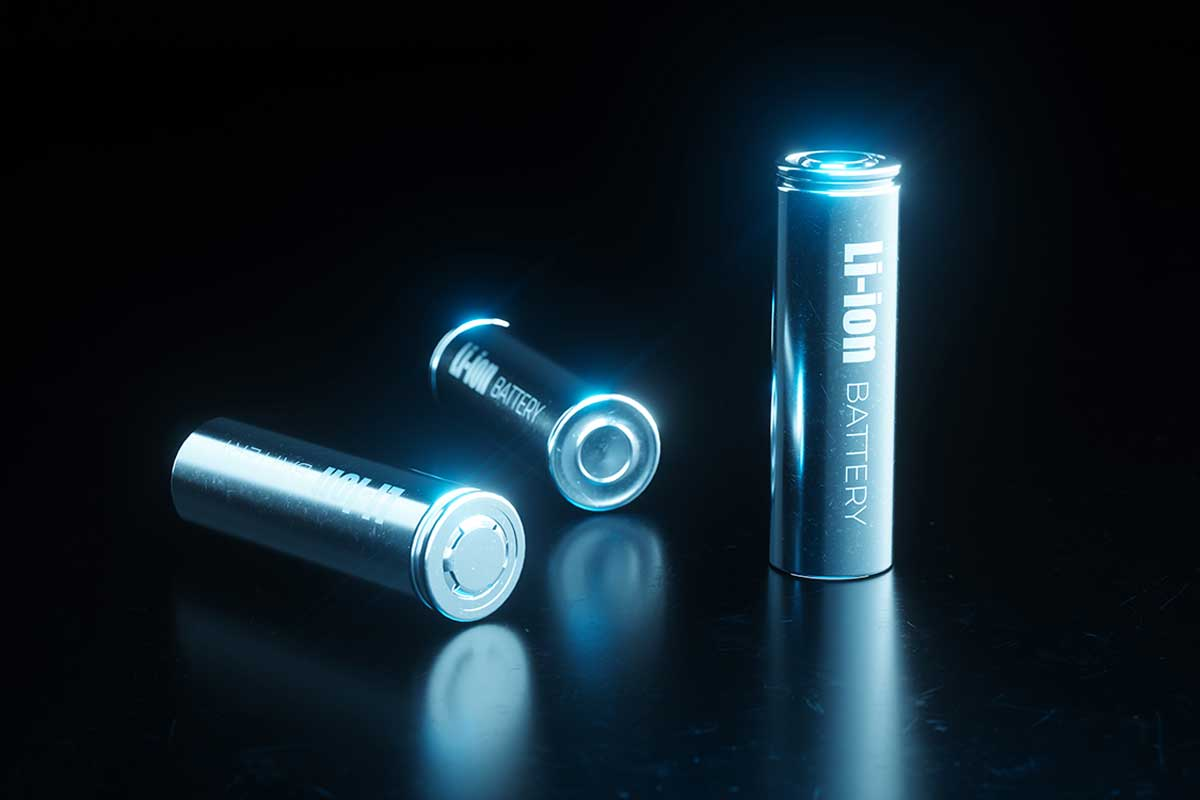Oct 27 2020
A researcher from the University of Central Florida has been making efforts to create portable devices as well as electric vehicles that remain charged for a longer time by increasing the service life of the rechargeable lithium-ion batteries that power them.
 UCF researchers are making lithium-ion batteries more efficient. Image Credit: Adobe Stock.
UCF researchers are making lithium-ion batteries more efficient. Image Credit: Adobe Stock.
Yang Yang, an assistant professor, is working on this by making the batteries more efficient using some of his latest work that focuses on preventing the anode—an internal metal structure—from collapsing over time by using a thin, film-like coating of tin and copper. The new method has been described in a recent paper in the Advanced Materials journal.
Electrons produced by an anode move to a similar structure, called the cathode, within the battery, thereby generating power and current.
Our work has shown that the rate of degradation of the anode can be reduced by more than 1,000 percent by using a copper-tin film compared to a tin film that is often used.
Yang Yang, Assistant Professor, NanoScience Technology Center, University of Central Florida
Yang is a specialist in battery enhancement, which includes making them safer and able to resist very high temperatures.
According to Yang, the method is special due to its use of the copper-tin alloy and is an essential enhancement in stabilizing rechargeable battery performance. Also, it can be upgraded for use in the smallest smartphone battery to huge batteries that power electric trucks and cars.
We are motivated by our most recent research progress in alloyed materials for various applications. Each alloy is unique in composition, structure and property.
Yang Yang, Assistant Professor, NanoScience Technology Center, University of Central Florida
The study was financially supported by the National Science Foundation via its Division of Chemical, Bioengineering, Environmental and Transport Systems’ Electrochemical Systems program and through UCF’s startup funding as well as preeminent postdoctoral programs.
The co-authors of the study are Guanzhi Wang, a doctoral student in UCF’s NanoScience Technology Center, Department of Materials Science and Engineering, and the first author of the study; and Megan Aubin, a doctoral student in UCF’s Department of Materials Science and Engineering.
Additional co-authors of the study are Abhishek Mehta, a graduate of UCF’s Department of Materials Science and Engineering doctoral program; Huajun Tian and Jinfa Chang, postdoctoral scholars in UCF’s NanoScience Technology Center; Akihiro Kushima, an assistant professor in UCF’s Advanced Materials Processing and Analysis Center; and Yongho Sohn; a professor in UCF’s Advanced Materials Processing and Analysis Center.
Journal Reference:
Wang, G., et al. (2020) Stabilization of Sn Anode through Structural Reconstruction of a Cu-Sn Intermetallic Coating Layer. Advanced Materials. doi.org/10.1002/adma.202003684.